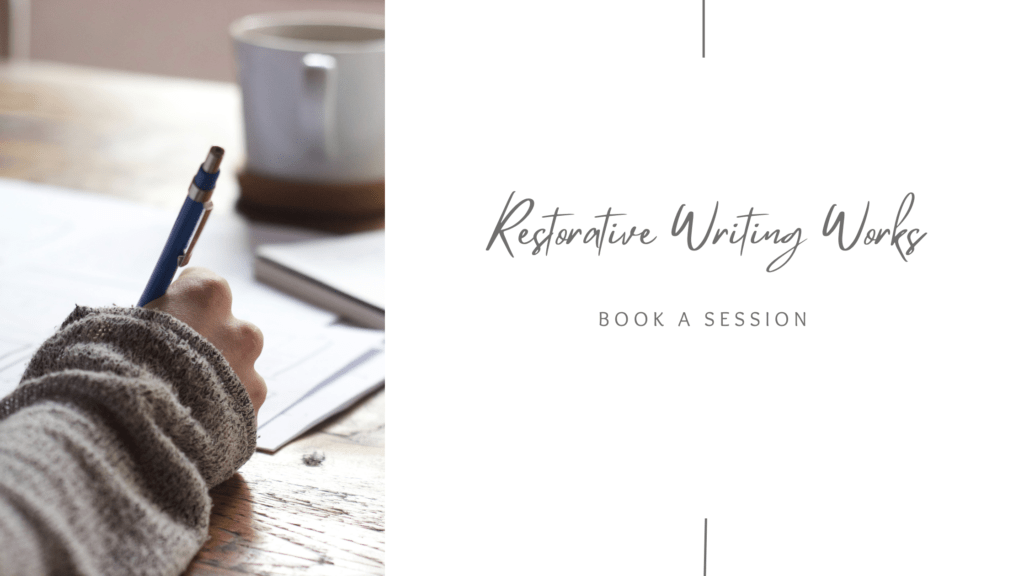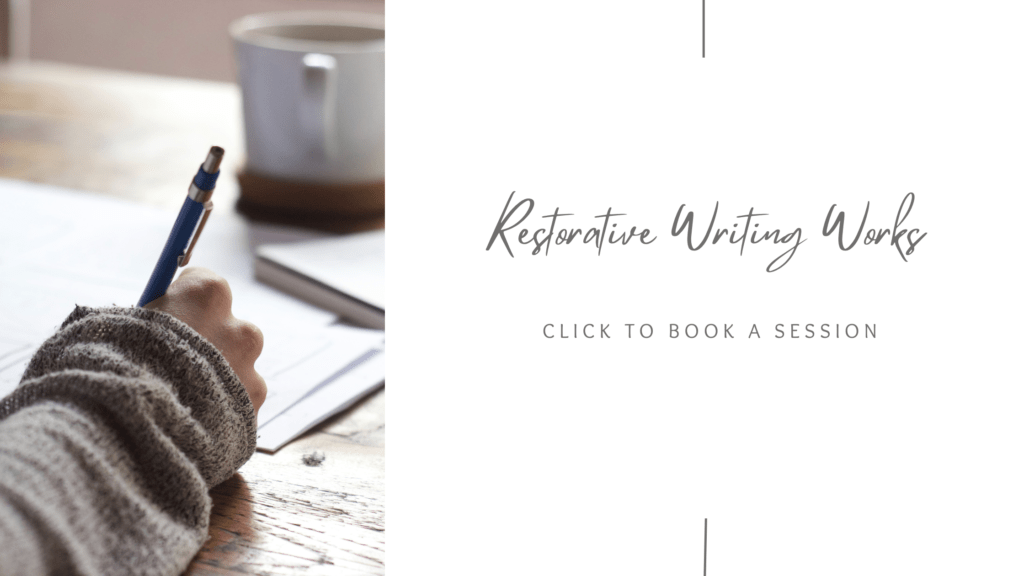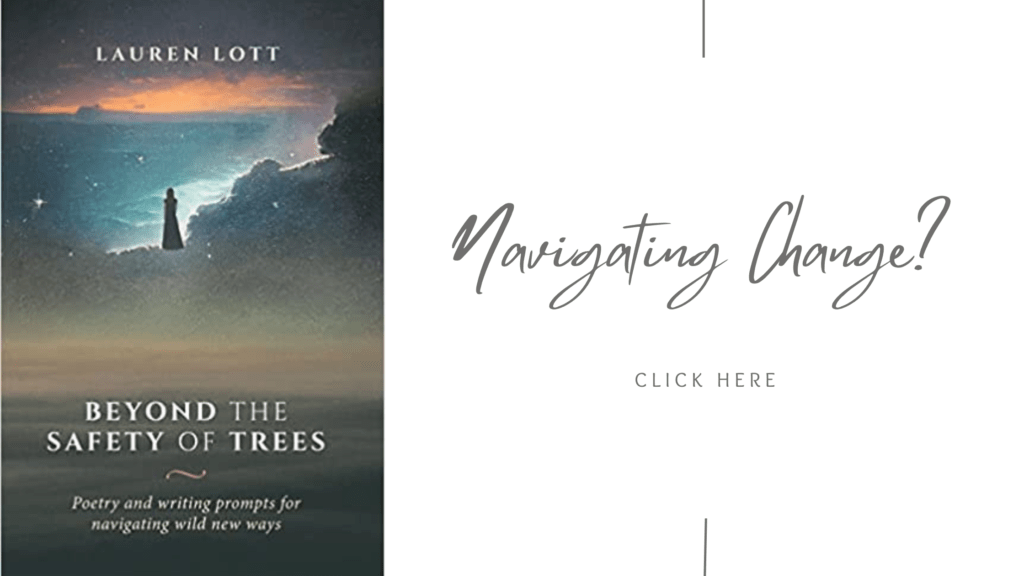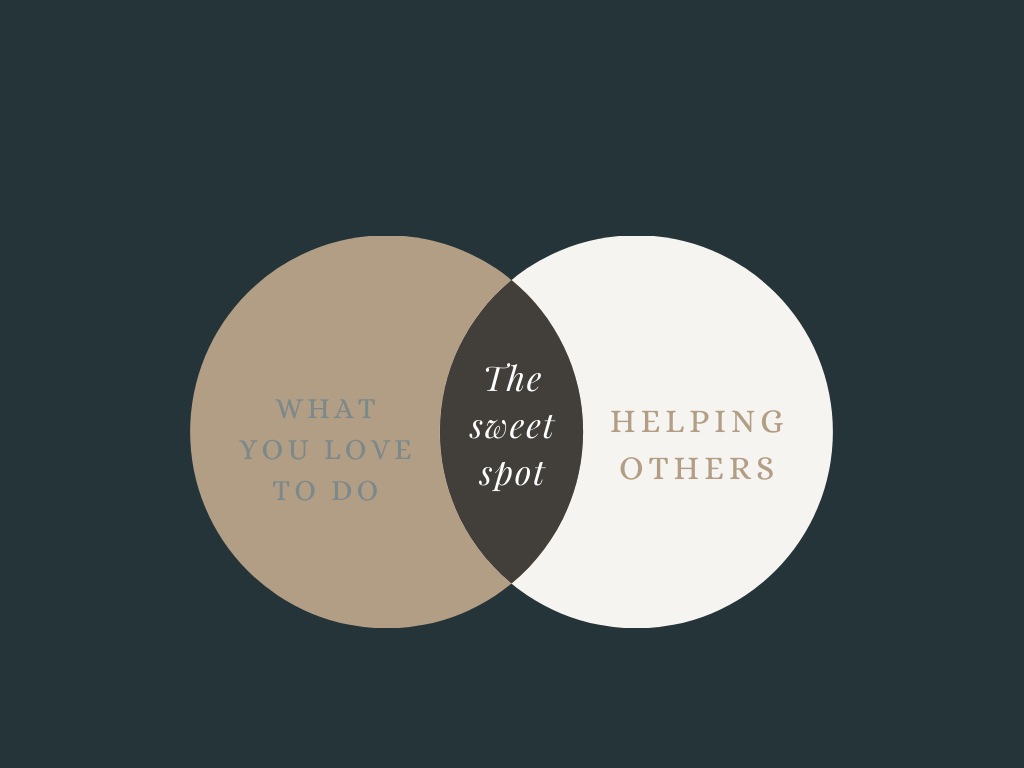I’m a mum. Those of you who are mothers know what that really means. My kids are teenagers now. Again, those of you who are parenting teens understand what I really just wrote. For those of you who don’t, I’d explain but I can’t do the impossible. There are some things you know not to even try.
Nothing and Noone could prepare me for mothering teens. No matter how many times other mums said things like ‘it’s a rollercoaster’ or ‘get ready for the ride of your life’ or ‘don’t get whiplash’ still I could not understand the emotional white-knuckling that was ahead of me.
I have smart kids. They all do well in school. They all know an idiot when they see one and know not to follow. However, they are also doing what all teens are meant to do – need mum less. Gone are the nights when we all naturally gravitate together, now they choose snapping friends over sharing family time. They make their own plans and express their own minds. They are creating their own lives.
This means things around here are clunky. Schedules clash and expectations crash on the regular. The opportunity to be overwhelmed presents itself daily. Choosing my battles makes its way onto my ‘to do’ list multiple times a week. Collecting plates, cups and bowls from random places throughout the house is a sport (how does one eat and shower at the same time?) Navigating technology and their unquenchable thirst for it is a grief unique to modern motherhood that I must learn to process. Writing deeply is more important than ever.
‘Deep writing is the retrieval from regular life or sense of self beyond motherhood. It’s a way to reach into and explore all that we cannot explain.”
Beth Kempton
Here are 3 ways deep writing assists me in motherhood.
Deep writing aids deep rest.
Caring for the physical, mental, emotional and spiritual wellbeing of another human is deep work. Resting well is the only way I can do it. According to professionals, there are seven kinds of rest: physical, mental, social, spiritual, sensory, emotional and creative rest. Writing for restorative purposes is a way to access five of these kinds of rest by quieting the mind, finding purpose, escaping sensory overload, expressing authentic emotion and taking time to appreciate beauty in any form.
This is how I do it.
Find a teen free moment.
Pop in air pods and play relaxing instrumental music.
Inhale for 4, hold for 4, exhale for 4 (do this until you feel ready to write).
Write the words you need to read. Write the words that allow you to lay down all that weighs heavy upon you (burdens, worries and concerns) Write the words you wish someone would say to you. Write to nourish your soul.
Deep writing is a way to practise self compassion.
Like most mums, if I do not process feelings of being misunderstood, unappreciated and undervalued in a healthy, calm way, I’ll end up taking it out on my family. Deep writing is a self-care practice that allows me to acknowledge and celebrate all I have done for my family that may go unrecognised. Instead of being tortured by Mothers guilt (it’s a thing), I take it to the page.
This is how I do it.
Find a teen free moment.
Write about specific real life mama wins. (For example, I looked my teen in the eye and listened to him chatter on about random video game things at the most inconvenient moment.)
Write about specific real life mama misses. (For example, I told my teen to ‘piss off and stop being so annoying’)
Write down what you can do to turn misses into wins by extending grace and compassion to both you and your teen.
Deep writing helps me to process heavy emotions, navigate conflict and find wisdom.
Anyone with teens knows that things can be complicated. There are times when little things rock them and big things don’t (go figure). There are conversations that lead nowhere and actions that are sometimes misinterpreted. However much we don’t like it, there IS a generation gap. My kids think and say and do things differently to how I thought and said and did them at their age. Deep writing helps to clarify what should be simple but often isn’t. It aids me to look under the surface and find the questions I need to ask them rather than telling them how it is or should be. On the page I can dump personal attacks done in teenage angst and process hurt that I really don’t want to haul back.
This is how I do it.
Find a teen free moment.
Write down what you are feeling (anger, sadness, frustration).
Write down why you feel this way (what happened).
Write down how you will choose to react based on the outcome you want.
Write down how you can help your teen move through heavy emotions and feel supported.
If you are afraid your teen will read what you have written, dispose of the contents of your journal carefully after writing. Writing about your experience for your health and wellbeing is important, however be mindful and protective of young eyes and hearts. If you are interested in more writing tips to help you parent well and champion your child, book a ‘Write to Rise’ session with me. I’d love to support you as you parent your child or teen.























